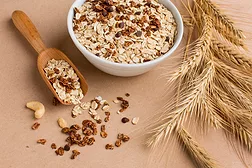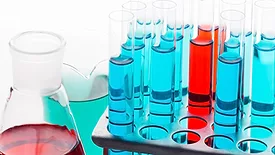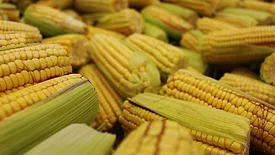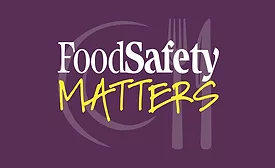Ingredients
Court Ruling Closes Loophole Exempting UPFs from GMO Ingredient Labeling Rule
The court also ruled that QR code-only disclosures are unlawful.
January 9, 2026
Modern Dairy Safety Concerns and Emerging Precision Fermentation for Dairy Foods and Ingredients
Developments in genetic technology have created a boom in the use and potential applications of precision fermentation
December 8, 2025
Never miss the latest news and trends driving the food safety industry
Newsletters | Website | eMagazine
JOIN TODAY!Copyright ©2026. All Rights Reserved BNP Media.
Design, CMS, Hosting & Web Development :: ePublishing












